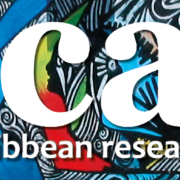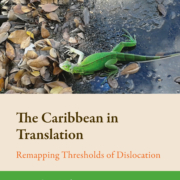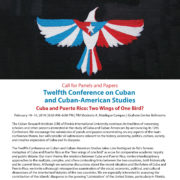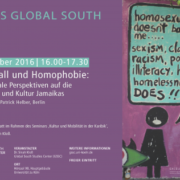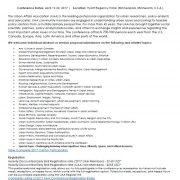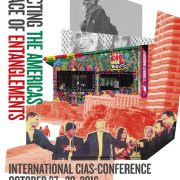Venue: University of Salzburg
Organizers: Christopher F. Laferl, Ralph Poole, Philipp Seidel
Date: 23 – 25 November 2017
The Caribbean is distinguished for its great political and cultural diversity, which not only is discernable by various languages, but also by the multiplicity of religions, social norms and values, and legal systems. Although Latin America continues to be regarded as a Catholic continent, the situation in the Caribbean is more complex. On the one hand, the Catholic Church competes against traditional Protestant churches, on the other hand both are distinct from (syncretistic) Afro Caribbean religions as well as increasingly from evangelical Pentecostal churches. This religious and cultural mixture poses serious challenges to the state, the society, the legal system, but also to the arts and literature. The various types of governmental and legal systems largely date back to differing traditions of (previous) colonial powers. While the (former) British territories rely on the Anglo-Saxon Common Law, the other territories follow continental European legal systems. And yet, these orders only make up the outer framework within which the people of a state move and act. How individuals and/or various collectives actually live together and how their attitudes and behavior towards the state and other institutions are shaped, all this underlies a continuous process of negotiation that can take on multifarious forms.
Against this backdrop the focus of the junior scholar conference of the Society of Caribbean Research (Socare) lies on questions concerning governance and rights. Not only the (in)stable, democratic or authoritarian governments play an important role, but also the specific means of governing. Besides the actual political players, who justify their position and actions and take on responsibility, economic, social and religious institutions also have a great importance in matters of shaping the communal lives of their societies, especially when politics cannot offer effective solutions or when the success of their implementations remains questionable. Furthermore, what is at stake is the question in how far the principle of non-discrimination, which since the Enlightenment has been reclaimed for more and more areas of identity also on a supranational level, is being realized by the single states and in social practice. Especially with regard to observing the various non-discriminatory regulations there are still (or again?) great differences concerning gender, ethnicity, class, and sexuality, not least since several categories of identity are often in (open) conflict with one another.
The following questions may serve as framework for the conference’s topic:
- How do modern life concepts that are characterized by a will to self-determination conform to current developments in Caribbean societies? In what ways do literature and other arts reflect these developments?
- How are problems concerning discrimination, ostracism, suppression and violence being dealt with? What solutions are being offered and by whom?
- How is sexuality, broadly understood as encompassing pre/extramarital sex, abortion, same-sex sexuality, sex trade, etc., being treated?
- How do the creative artists deal with minority groups, what positions do they take on?
- How do the various legal and belief systems react to the principle of non-discriminatory self-determination? In what ways to these systems affect different levels of society?
- What influence do migratory processes have on these negotiations?
- What significance do writers and artists play, and what location have they chosen to write/speak/produce from?
- What is the function of hate speech and victimization in literary, musical, and other creative art forms?
We invite junior scholars from all areas and disciplines of Caribbean Studies to participate. Interdisciplinary contributions from legal and theological sciences are also most welcome. The contributions should not exceed the limit of 20 minutes.
Those interested should send a half-page abstract in either German, English, Spanish, or French along with a short bio to Philipp Seidel (philipp.seidel@sbg.ac.at) by April 30, 2017. Please state the preferred language for your talk and what other languages you feel comfortable with. The conference’s languages will be chosen according to the selected contributions. The contributors will be informed in time.

